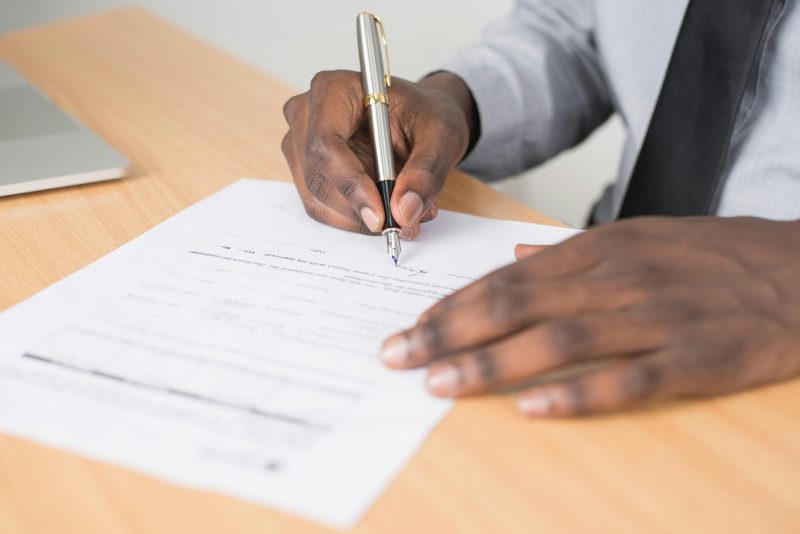Although thinking about what happens when we die can be scary, making a will is important to ensure our assets go where we want in the event of our death. With that in mind, let’s look at what happens if you die without a will…
Administering Your Estate
If you don’t make a will, the courts will have to name someone to administer your estate. This is usually your next of kin, normally your spouse or civil partner (even if you were separated but not divorced), followed by any children over 18 (not including step-children).
The most ‘entitled’ person can apply to become the administrator of your estate, or if they do not wish to do so, they can appoint another individual to administer your estate or permanently give up their right to do so. You can the forms for this here.
It’s important to remember that the decision reached by the courts on who will administer your estate may not be the same as what you would have made. For example, even if you have a long-term partner, but are not married or in a civil partnership, they are not allowed to apply to be administrator.
And of course, without a will, you cannot guarantee that your estate is shared out in the way you would like, especially if you have step-children, an unmarried partner, or any close non-direct relatives or friends.
Intestacy
If you don’t make a will, it’s not set in stone who gets what, meaning tensions may arise amongst your loved ones due to differing views on who they think should inherit what.
If you die without having written a valid will, you’ve died intestate. This means that your estate has to be shared out according to different rules, as you haven’t stated otherwise.
Under intestacy, only married/civil partners and close relatives can inherit your assets, including property, up to the value of £322,000, as well as all of your personal possessions, regardless of their value. For any remainder of your estate it will be shared out where:
- Your spouse or civil partner gets full and complete ownership of 50% of the remainder
- The other 50% is divided equally among any surviving children. If one of your children has died and has children themselves, these children (your grandchildren) will inherit in their place. If you have no children, your surviving spouse or civil partner will receive everything in your estate
- If you are unmarried but have children, they will inherit the entire estate among them. If any of your children are under 18, their share of the estate will be held in trust until they turn 18
- If you are unmarried with no children, your estate will be allocated to your parents; if you have no surviving parents then to your full siblings; then to half-siblings; grandparents; uncles and aunts; your uncle and aunts’ children; any half-uncles and half-aunts; then the children of these half-uncles and half-aunts. If you have none of these living relatives when you die, then all of your money and assets will go to the crown instead
Deed of Variation
However, the ones your leave behind can share out your estate differently to what the rules of intestacy would dictate if everyone over the age of 18 who would inherit comes to an agreement within two years of your death.
This is done via a deed of variation, also known as a deed of family arrangement, which allows a beneficiary to detail how they want their share of the estate to be distributed instead. They only have the power to change their own individual share, and if other people’s shares would also be affected, they need to agree to the changes too.
This is a legal document which cannot be changed again once signed, so it’s very important that it is drafted correctly.
